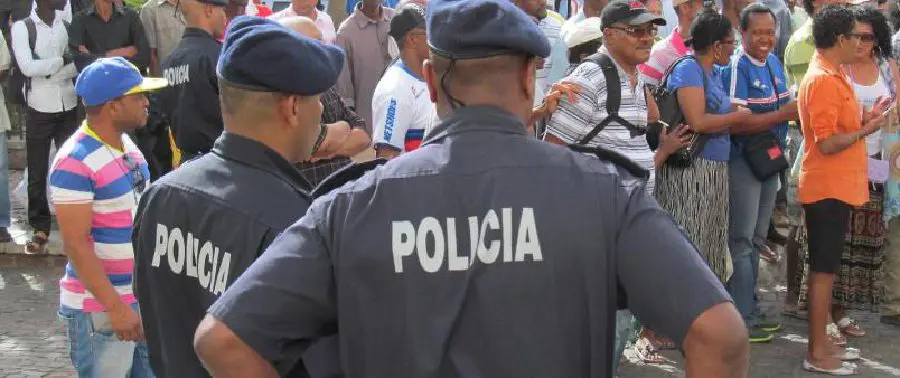UNITED NATION HUMAN RIGHTS COMMITTEE’S DECISION HAS NO EFFECT ON CAPE VERDE’s COURT DECISION
PRAIA, CAPE VERDE, July 21, 2021 /EINPresswire.com/ — In its decision of June 29, 2021 delivered via email to the defense on 20 July, 2021 the Constitutional Court of Cape Verde considered that “there is no international normative basis that would impose on the State of Cape Verde a duty to comply with a request for provisional measures made by the Human Rights Committee” (para 4.5.3.). The ruling was in response to a simple letter sent by Alex Saab to the Constitutional Court informing it that the United Nations Human Rights Committee had registered a complaint against Cape Verde and had sent Cape Verde a request for interim measures, including a request to suspend the extradition procedure. The Constitutional Court issued a lengthy ruling in which it attempted to justify its refusal to comply with the provisional measures ordered by the United Nations Human Rights Committee, inviting Cape Verde, among other things, to suspend Alex Saab’s extradition to the United States.
Alex Saab’s defense team regrets the position adopted by the Constitutional Court.
Firstly, the Court takes a strictly positivist and voluntarist approach to international law, with the sole purpose of justifying the violation of the International Covenant on Civil and Political Rights (ICCPR). It does not take into consideration the practice of the vast majority of States parties to the ICCPR and the Optional Protocol, which usually comply with the Committee’s interim measures, with the exception of States such as Belarus.
Second, it is unfortunate that the Constitutional Court has not accepted its role as a guarantor of human rights. Rather than seeing the Committee’s interim measures as a form of interference, the Constitutional Court could have simply decided to take international human rights law and Cape Verde’s international human rights obligations seriously. The Committee was doing nothing more than requesting the adoption of measures to preserve the physical integrity and right to life of Alex Saab. This request was neither hostile nor illegitimate. On the other hand, to reject it with such force is disproportionate.
Thirdly, the Constitutional Court limits itself to a purely formalistic and basic reading of the binding nature of international law and the decisions of human rights bodies. It limits itself to an analysis of the legally binding or non-binding nature of the norms set out by the United Nations committees, taking the view that, since they are not jurisdictional bodies, their decisions are not binding. This position, which is totally anachronistic in public international law, reflects the obvious lack of experience of the Constitutional Court in the implementation of international human rights law. The Committee is not an enemy of the domestic courts; its sole purpose is to help States parties to the Covenant to comply with their obligations under the ICCPR. The Constitutional Court could have considered the UN Committee as an institutional ally, and agreed to implement the interim measures, not on the basis of compulsion, but simply because these measures were intended to contribute to the respect of the human rights of the ICCPR. In other words, just because the interim measures are not, in the Court’s view, legally binding, does not mean that they should not be implemented and respected. They must be implemented because they are tools for the protection of human rights and human dignity. This is the persuasive force of these measures, which the Constitutional Court was asked to take seriously.
Fourthly, the Constitutional Court oddly concludes that it cannot suspend the examination of the constitutional appeal because of the non-binding nature of the interim measures. On this last point, there is no disagreement, and the honourable Court has not been asked by the Human Rights Committee, or anyone else, to suspend the examination of Alex Saab’s constitutional appeal. On the other hand, all the actors concerned invite the Court, when it pronounces on the merits, to render a decision that respects human rights, the rule of law and the fundamental values of both the constitution and the treaties binding Cape Verde.
The Defense team repeats its previous calls for Cape Verde to comply with the 15 March 2021 ruling of the ECOWAS Court of Justice’s (which was reiterated on 24 June) declaring Alex Saab’s arrest and detention illegal, that he be released immediately and the extradition process be terminated.
ALEX SAAB DEFENCE TEAM
DEFENCE TEAM
email us here
+238 592 17 56







